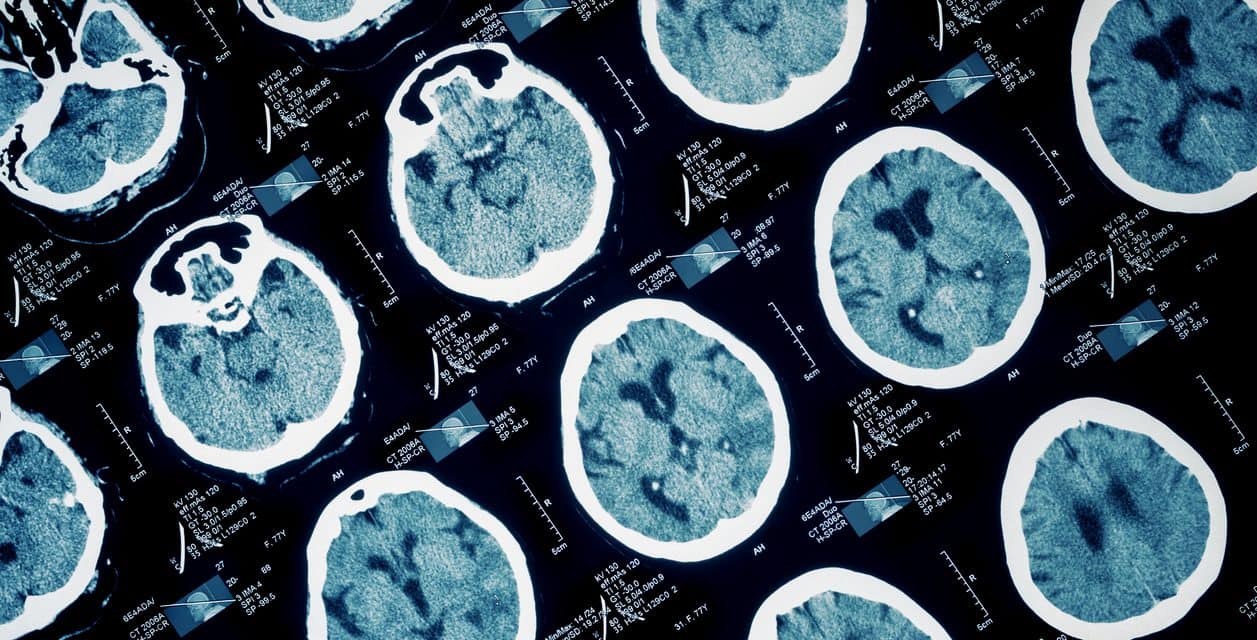Autism spectrum disorders (ASD) are characterized by a wide spectrum of clinical, behavioral, and cognitive manifestations. It is, therefore, crucial to investigate possible biomarkers associated with specific ASD phenotypes. Ample literature suggests a possible role for vitamin D (VD) in influencing ASD clinical phenotypes. We analyzed three vitamin D binding protein gene () functional polymorphisms (rs2282679, rs7041, and rs4588), which are involved in the modulation of vitamin D serum concentration in 309 ASD children and 831 healthy controls. Frequency comparisons of single nucleotide polymorphisms (SNPs) alleles, genotypes, and isoforms (GC1f, G1s, and GC2)-generated by the combination of rs7041 and rs4588 alleles-were correlated with ASD diagnostic, behavioral, and functioning scales. The GC1f isoform was significantly more frequent in ASD compared with controls (18.6% vs. 14.5% pc = 0.02). Significantly higher scores for item 15 of the Childhood Autism Rating Scale (CARS) and lower ones for the Children’s Global Assessment Scale (CGAS) functioning scales were seen in ASD carrying the GC1f isoform. In phenotype analysis, a gradient of severity for overall CARS scores and CARS item 15 was observed, with scores decreasing according to the presence of GC1f-GC1f > GC1f-GC1s > GC1s-GC1s > GC1f-GC2 > GC2-GC2 isoforms. Similarly, lower CGAS scores were seen in carriers of the GC1f-GC1f isoform, whereas higher scores were present in those carrying GC2-GC2 ( = 0.028). This is the first study to evaluate possible relationships between variants and the different aspects of ASD in Italian ASD children. Results, although needing to be validated in ampler cohorts, suggest that the GC1f isoform could be a marker of severity in ASD that may be useful in establishing the intensity of therapeutic and rehabilitative protocols.
GC1f Vitamin D Binding Protein Isoform as a Marker of Severity in Autism Spectrum Disorders.


